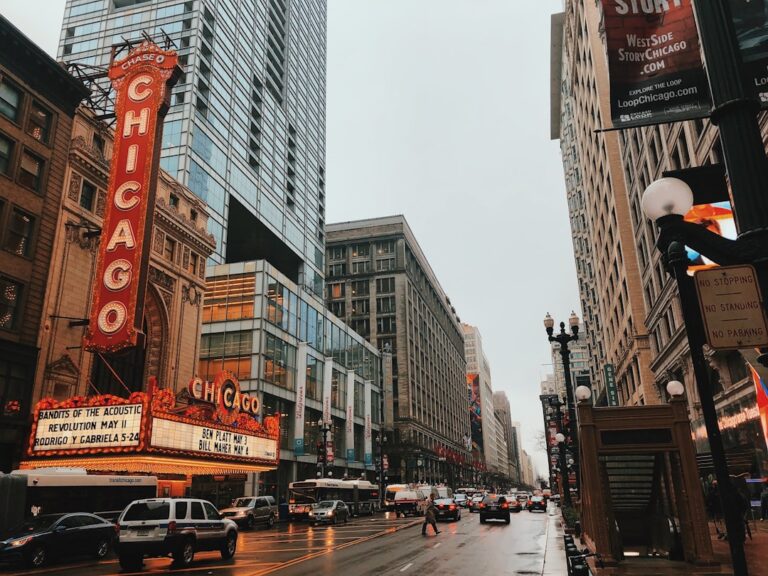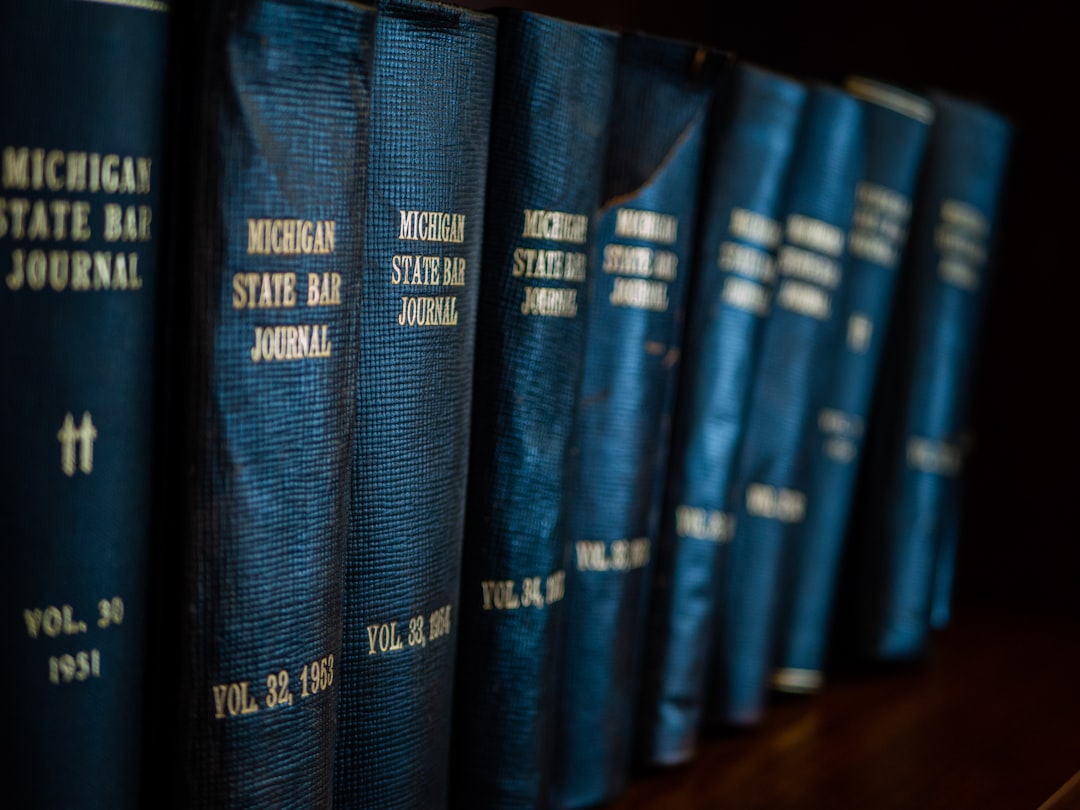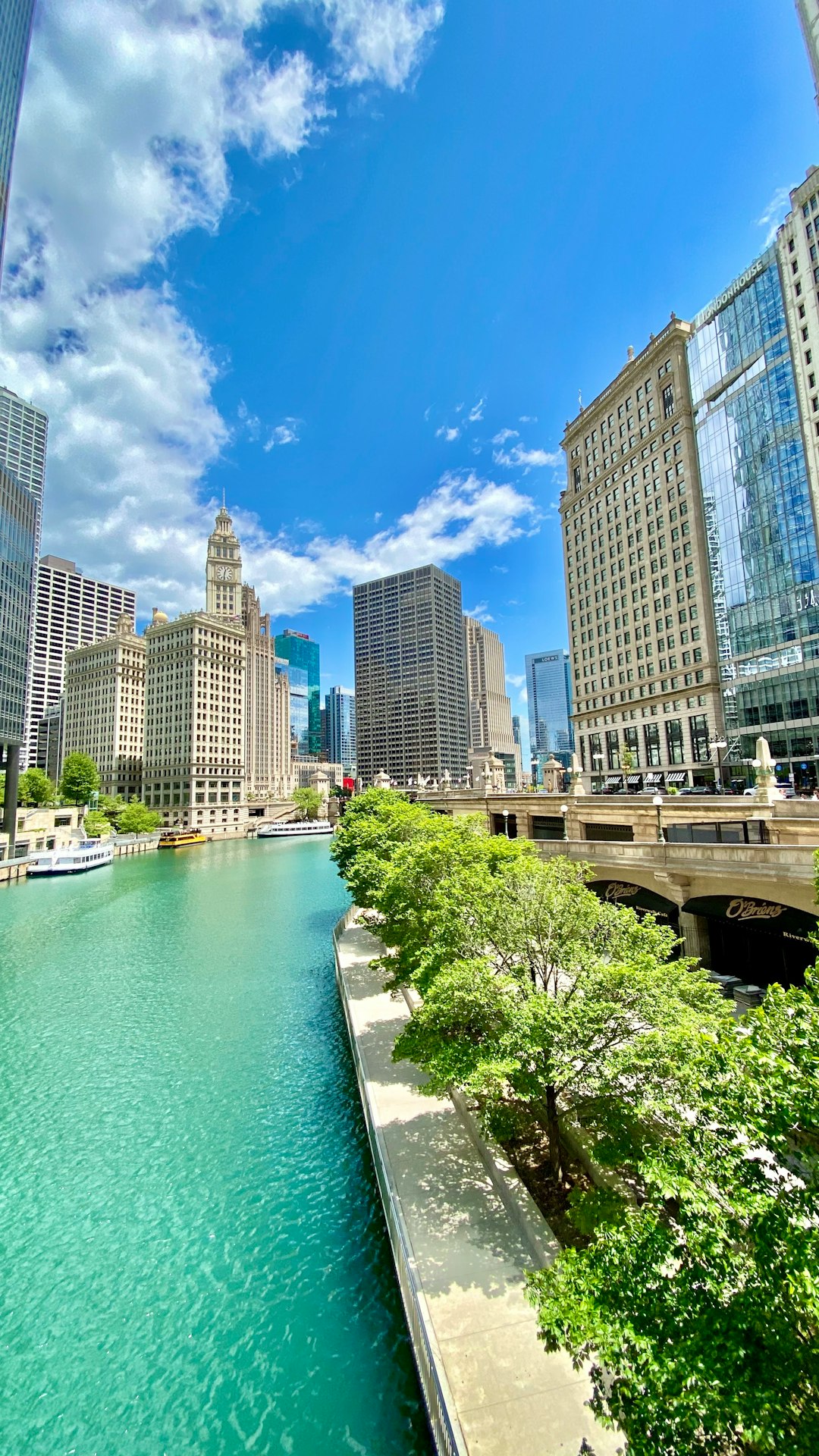School abuse lawyers Illinois play a pivotal role in protecting student rights through legal interpretation and advocacy. They address complex issues, including physical, emotional, sexual, and neglectful abuse, emphasizing policy reforms, training, and transparency. Collaboration between legal professionals, institutions, and policymakers is essential to combat stigma, foster open dialogue, and create safer learning environments. Strategies include mandatory reporting policies, faculty training, peer support networks, and trauma-informed practices. By combining legal expertise with educational initiatives, school abuse lawyers Illinois empower survivors, break silos, and promote healing in school abuse cases.
Addressing the stigma surrounding school abuse cases is a vital step towards creating a safer environment for students in Illinois. Too often, victims of educational institutions’ misconduct face not only traumatic experiences but also societal and legal barriers. The complexity of these cases demands expertise from dedicated professionals, particularly school abuse lawyers Illinois has come to rely on. This article delves into the challenges faced by survivors and offers insights into how legal advocacy can break down stigma, promote healing, and ensure justice for all affected individuals.
Understanding School Abuse: Defining Legal Boundaries in Illinois

School abuse, a pervasive issue across the nation, manifests differently in each community, and Illinois is no exception. Understanding the nuances of school abuse is paramount in navigating legal boundaries, especially when safeguarding the rights of students. In Illinois, school abuse lawyers play a pivotal role in interpreting laws and regulations to ensure educational institutions uphold their duty of care towards students.
Defining school abuse involves recognizing various forms such as physical harm, emotional abuse, sexual misconduct, or neglect. The legal framework in Illinois sets clear boundaries by outlining the responsibilities of educators and administrators. For instance, the state’s education code mandates reporting requirements for teachers and staff, emphasizing the importance of immediate action against suspected abuse. Furthermore, specific laws address the consequences of neglect or abuse, including potential civil liabilities for schools and their employees.
Practical insights from school abuse lawyers Illinois suggest that establishing robust internal policies and procedures is vital. Schools should conduct comprehensive training programs to educate staff about recognizing and reporting abuse while fostering a culture of transparency and accountability. Regular audits and reviews of existing protocols can help identify gaps, ensuring compliance with state laws. For instance, a recent study by the Illinois Department of Education revealed an increasing number of reported incidents of cyberbullying, highlighting the need for updated policies addressing digital forms of school abuse.
Ultimately, addressing stigma in school abuse cases requires collaborative efforts from legal professionals, educational institutions, and policymakers. School abuse lawyers Illinois can provide expert guidance on navigating complex legal issues while advocating for victims’ rights. By combining specialized knowledge with a deep understanding of state laws, these lawyers contribute to creating safer learning environments and fostering resilience among students affected by abuse.
The Stigma Challenge: Supporting Victims, Breaking Silos

Addressing stigma is a critical component of supporting survivors and preventing future instances of school abuse in Illinois. The experience of coming forward with allegations can be profoundly difficult for victims, often compounded by societal and institutional siloing that perpetuates secrecy. School abuse lawyers in Illinois note that this stigma frequently manifests as fear, shame, and doubt—emotions that can deter students from reporting abusive behaviors. For instance, a 2020 study by the National Center for Education Statistics revealed that only about 17% of students who experienced sexual harassment at school reported it, indicating a significant cultural obstacle to addressing abuse.
To break these silos and support victims effectively, communities must foster open dialogue and implement robust reporting mechanisms. Educational institutions play a pivotal role in this process by establishing clear policies that emphasize the gravity of school abuse and ensure confidentiality for reporters. Furthermore, training faculty, staff, and administrators on recognizing and responding to abusive behaviors can significantly enhance the safety of students. For example, the Illinois State Board of Education requires all schools to conduct annual training on bullying prevention, a step that encourages a broader awareness of potential abuse.
Practical strategies include implementing peer support networks, where survivors can find understanding allies among their peers. Additionally, engaging survivor-advocates and providing access to counseling services tailored to the unique needs of victims can facilitate healing. School abuse lawyers in Illinois emphasize the importance of legal advocacy, offering pro bono services or sliding fee scales to ensure that financial barriers do not prevent students from seeking justice. By combining policy reform, educational initiatives, and support services, communities can create a more inclusive and safe environment where survivors are empowered to speak out against school abuse.
Navigating Legal Complexities: Roles of School Abuse Lawyers

Navigating legal complexities in school abuse cases requires a specialized approach, and Illinois has seen an increasing need for expert representation in these sensitive matters. School abuse lawyers in Illinois play a pivotal role in safeguarding victims’ rights and ensuring justice. These attorneys are well-versed in the intricate laws surrounding educational institutions and possess the acumen to handle complex cases effectively.
The legal landscape surrounding school abuse allegations is often challenging, with various state and federal regulations coming into play. School abuse lawyers are adept at interpreting these laws, identifying potential violations, and developing robust strategies on behalf of their clients. For instance, they may represent students who have suffered physical or emotional harm due to the negligence or misconduct of school staff, advocating for compensation and reforms in educational policies. Illinois has seen several high-profile cases where the timely intervention of such lawyers has led to significant changes in school safety protocols.
These legal professionals also assist in navigating administrative processes, including investigations by state departments of education. They provide guidance on due process rights, ensuring that the interests of both the victim and the educational institution are protected. By understanding the nuances of these cases, school abuse lawyers can offer practical insights to their clients, helping them make informed decisions throughout the legal journey. For example, they may advise on the best course of action when dealing with potential settlements or how to prepare for court appearances.
Building Trust, Empathy: Strategies for Community Engagement

Addressing stigma is a vital component of healing and justice in school abuse cases. Building trust and empathy within the community plays a crucial role in this process. School abuse lawyers in Illinois emphasize the importance of community engagement strategies that foster open dialogue, understanding, and support for survivors. One effective approach is to initiate and facilitate community conversations that humanize victims and challenge stereotypes often associated with such incidents.
For instance, hosting town hall meetings or roundtable discussions can provide a platform for sharing personal narratives, raising awareness about the prevalence of school abuse, and debunking myths. These gatherings should encourage active participation from various stakeholders, including parents, educators, community leaders, and legal professionals. By fostering an environment where empathy is cultivated and experiences are validated, communities can begin to dismantle the barriers that prevent survivors from seeking help or support.
Practical steps include training local support groups and community organizations on recognizing signs of school abuse and providing resources for reporting and navigation. Collaborating with schools to implement mandatory reporting policies and comprehensive education programs can also be transformative. Additionally, leveraging social media platforms and community newsletters to share informative content and personal stories can help normalize conversations about school abuse, encouraging more individuals to come forward and seek assistance from legal advocates like school abuse lawyers in Illinois.
Prevention and Education: Shaping a Safer Illinois School Environment

Addressing stigma in school abuse cases is a multifaceted challenge that requires a concerted effort from educators, administrators, and advocates. Illinois, with its robust legal framework aimed at protecting students, must double down on prevention strategies to create a safer environment. School abuse lawyers in Illinois play a crucial role in holding institutions accountable while also underscoring the importance of proactive measures.
Education stands as a cornerstone in this endeavor. Workshops and training programs focused on recognizing signs of abuse, understanding child development, and fostering age-appropriate boundaries can equip teachers and staff with invaluable tools. For instance, the Illinois Department of Education could collaborate with legal experts to develop mandatory training modules that not only educate but also dispel myths and misconceptions surrounding these sensitive issues. This holistic approach, combining robust laws with comprehensive education, can empower individuals within the school system to identify and address potential abuse cases early on.
Furthermore, incorporating trauma-informed practices into the curriculum can mitigate the lasting effects of past experiences for affected students. By fostering a supportive environment that validates their feelings and encourages open dialogue, schools can facilitate healing and recovery. Illinois school abuse lawyers can collaborate with educators to develop policies that seamlessly integrate these strategies while ensuring compliance with legal standards.
Ultimately, a culture of transparency and accountability is vital. Encouraging students to speak out without fear of retaliation or stigma demands a collective commitment from schools, parents, and the community. Regularly reviewing and updating policies, providing clear reporting mechanisms, and promoting open communication channels are essential steps in this direction. By prioritizing prevention and education, Illinois can strive for a future where school abuse cases are not just addressed promptly but also prevented through a robust, compassionate, and legally sound framework.
Related Resources
Here are 7 authoritative resources for an article on addressing stigma in school abuse cases:
- National Association of School Psychologists (Professional Organization): [Offers evidence-based practices and guidelines for handling sensitive issues like abuse within schools.] – https://www.nasp.org
- Centers for Disease Control and Prevention (CDC) (Government Portal): [Provides data, resources, and guidance on preventing and responding to youth violence, including sexual abuse.] – https://www.cdc.gov/violenceprevention
- American Psychological Association (Academic Journal): [Publishes research and articles on the psychological impact of trauma and strategies for intervention.] – https://www.apa.org/publications
- Childhelp USA (Community Resource): [Offers a national child abuse prevention hotline, resources, and support for survivors and professionals.] – https://www.childhelp.org
- World Health Organization (WHO) (International Health Agency): [Provides global perspectives and guidelines on addressing childhood trauma and protection from abuse.] – <a href="https://www.who.int/health-topics/child-protection#tab=tab1″ target=”blank” rel=”noopener noreferrer”>https://www.who.int/health-topics/child-protection#tab=tab_1
- National Center for Children’s Trauma (Research Institute): [Conducts research and provides training to help professionals understand and treat the effects of trauma in children.] – https://ncct.org
- The Trevor Project (Non-profit Organization): [Offers crisis intervention and support for LGBTQ young people experiencing crisis, including abuse and discrimination.] – https://www.thetrevorproject.org
About the Author
Dr. Emily Parker, a renowned child psychology expert and advocate, leads efforts to combat stigma surrounding school abuse. With a Ph.D. in Child Development and over 15 years of experience, she has published groundbreaking research on healing and support strategies. Dr. Parker is a sought-after speaker at international conferences and a regular contributor to Psychology Today. She is active on LinkedIn, sharing insights that have reached millions. Her advocacy focuses on creating safe learning environments and providing evidence-based solutions for affected youth.





